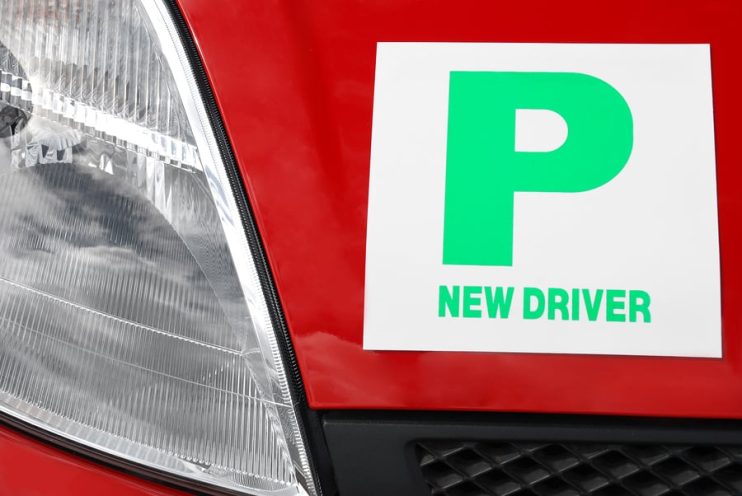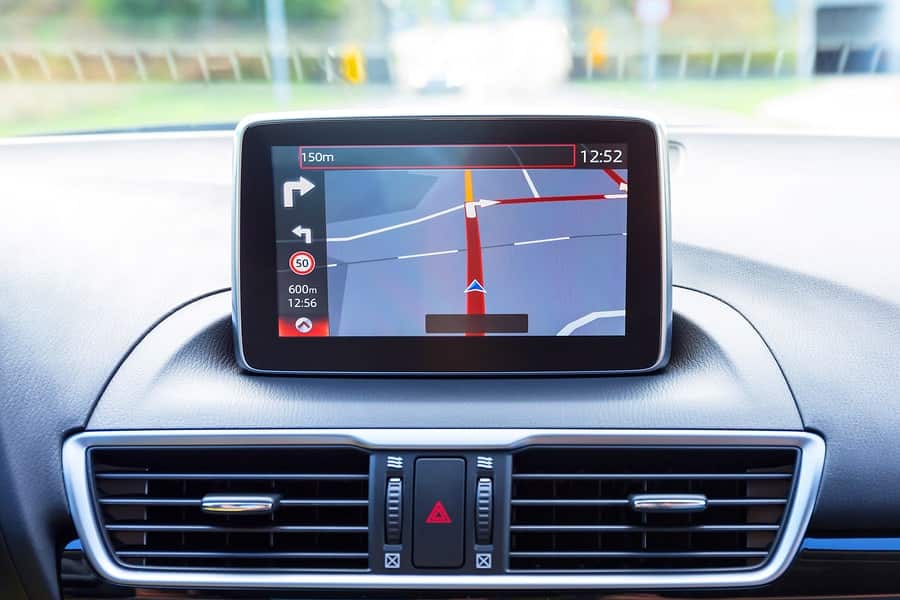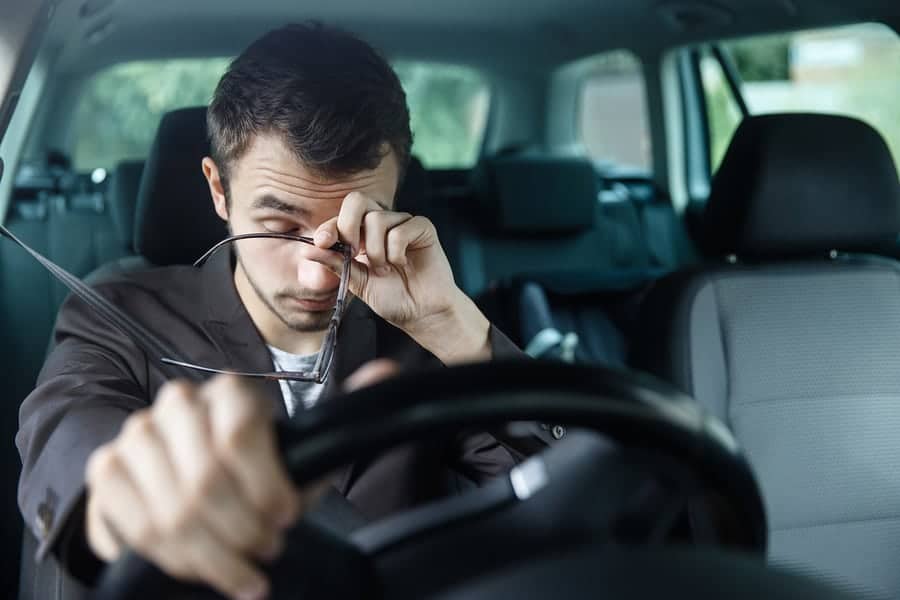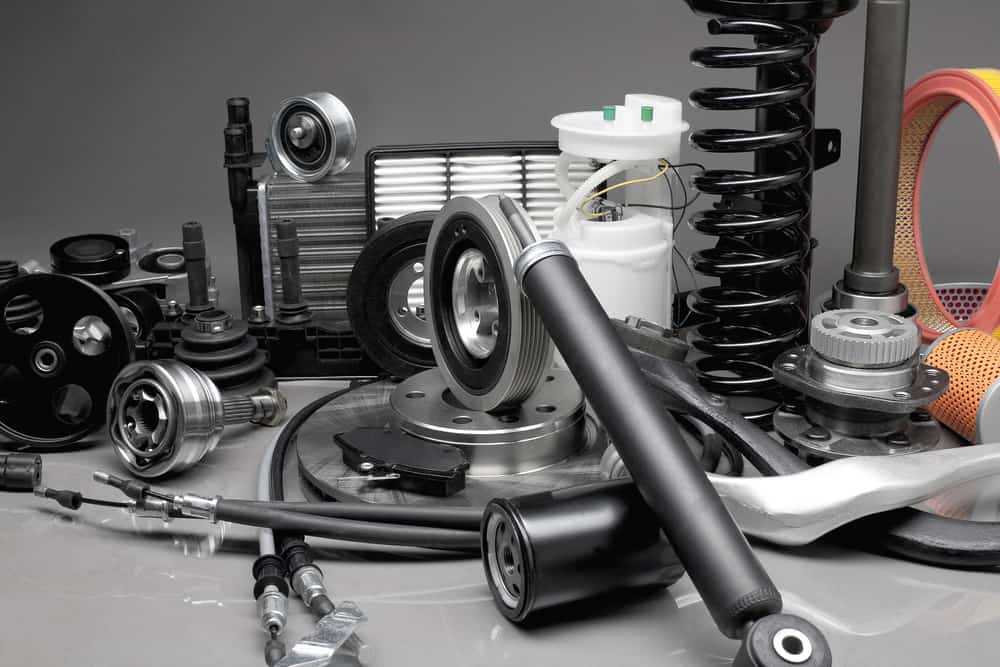
Everyone had to learn at some point. Learning to drive is considered a major life achievement for young people and it’s never too late to get behind the wheel. Of course, once the lessons have finished and you’ve passed the test, it’s a whole different world. You can no longer rely on the sagely wisdom of your instructor, and you’re out there on your own.
What are the mistakes that can plague new drivers and more importantly, what’s our best advice for avoiding them?
Getting Distracted Behind the Wheel
It’s too easy to lose focus behind the wheel. And it’s torture for new drivers who are used to responding to every phone buzz and beep. You could find yourself talking to your passengers, telling off your kids or even ending up in your own head at the end of an emotional day. Don’t even get us started on the good looking pedestrians, advert boards, interesting scenery or even car crashes. Let’s face it. There’s a thousand and one distractions behind the wheel.
Remember that it only takes a second, or fractions of a second to crash. One moment you’re looking away, the next the trouble is on you. Even at 20 mph. Concentrate on driving first and put everything else into last place in your mind.
Our tip: put the phone into flight mode, constantly check your mirrors and blind spots and look at car language and try to anticipate the actions of other drivers.
Picking the Wrong Car
Without proper guidance, buying your first car can be a proper minefield. It’s too easy to buy a vehicle that’s incredibly expensive to maintain. Are you sure you need that much power? And could it be that the style trumps the safety. Many first time drivers forget the essential factors, such as getting a feel for the blind spots and that all the controls are within reach.
Our tip: Consider the additional costs before you buy. Think about vehicle excise duty, insurance, fuel, service costs and even things like brake kits and tyres. Take the car for a test drive and don’t get distracted by the seller. Check for blind spots to get an idea of your visibility when out on the road. And of course, save the big engine and top end power for a time when you’ve got a few years of driving under your belt.
Over Confidence and Risk Taking Behaviour
After all those months of having to go round with an instructor, it can feel a little like you’ve been let off the leash when you finally get your license. Speeding can seem like fun and driving without checking the mirror may become easy. Thinking that you now know it all is a dangerous position to be in, especially seeing as it takes 3-4 years of solid driving to really get up to speed.
Our tip: Remember the fundamentals. Go back to basics every time and remember that the last thing you want is the pressure of points on your license. It only takes 6 points in the first 2 years and you’ll be due a retest. And with new challenges coming in all the time – such as using the Sat Nav, this may be the last thing you want.
Not Planning Ahead

Know your route and stay calm behind the wheel. When you have to get somewhere in a hurry or can’t find your destination, it can be extremely nerve-wracking, even for an accomplished driver. When you’re stressed out, mistakes are more likely and you can’t always rely on the Sat Nav when in remote areas or if the roads have been changed – or worse still, there are active diversions in place.
Our Tip: Do the research. Going somewhere new? Make sure you look up the route planner and even make a few notes on key junctions and roads. You can even use the Google Maps StreetView feature to acclimatise yourself with important forks and junctions. Make sure you set up the Sat Nav before you head off, so you don’t have to fiddle with the controls behind the wheel. If you’re going on a really long journey, then you may want to take a friend who can advise, especially when you’re still fairly fresh behind the wheel.
Tired Driving

Getting behind the wheel when you’re in need of a sleep is never a good idea. Senses are dulled and reaction times are significantly reduced. You might think it’s OK to nip out late at night and grab that McDonalds, but if you don’t know your limits, it could be dangerous. Driving home from festivals and holidays is even more treacherous, as jet lag and lack of sleep could cause you to drop off behind the wheel. Even if it’s only for a second, this could cause a serious incident.
Our Tip: As soon as you feel your eyelids getting heavy, pull over somewhere you can have a rest. If you’re on the open road, try a layby or turning off the main strip. Motorways will have service stations where you can grab a coffee. And if there’s nowhere obvious to stop, wind down the windows for a fresh air blast and pump up the music.
Motorway Driving
Unless you have taken a supplemental course after your driving training, you won’t have been out on the motorway. Changing lanes can be intimidating, but it’s vital for your safety and the decision making abilities of other drivers that you keep at a constant speed and make predictable decisions. Indecisiveness and too much caution can be an issue.
Our Tip: Your driving instructor may offer a service where they take you out on the motorway to help you get used to the traffic and speed – which can give you vital guidance. Alternatively, you could find another instructor who offers this special service. We’d always advise you to take someone out on the first few occasions, and it helps to stay in the slower lanes, double check the blind spots, keep your distance with the 2 second rule and stay calm.
And Finally
Of course, there’s no substitute for time spent behind the wheel. Get out and practice multiple times. You can get used to normal routes in the dark or go out on more complex routes early in the morning when the roads are relatively traffic free to get a better grip on your car’s handling. Remember that the more you travel, the easier it gets and there’s nothing wrong with asking someone for a little support from the passenger side.













.png)